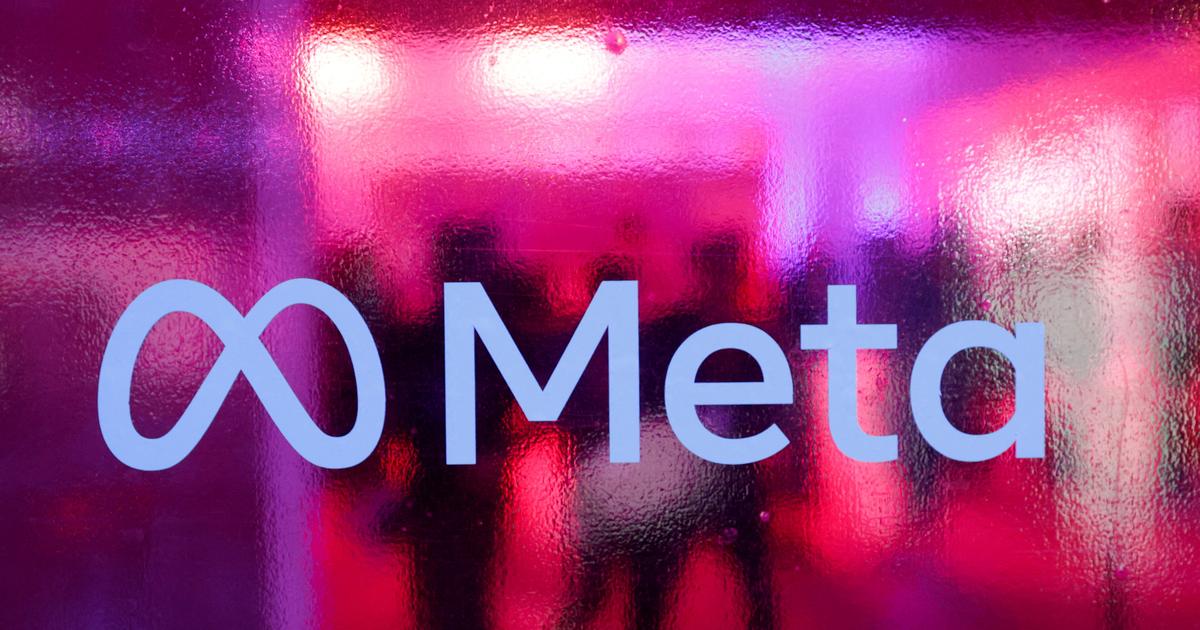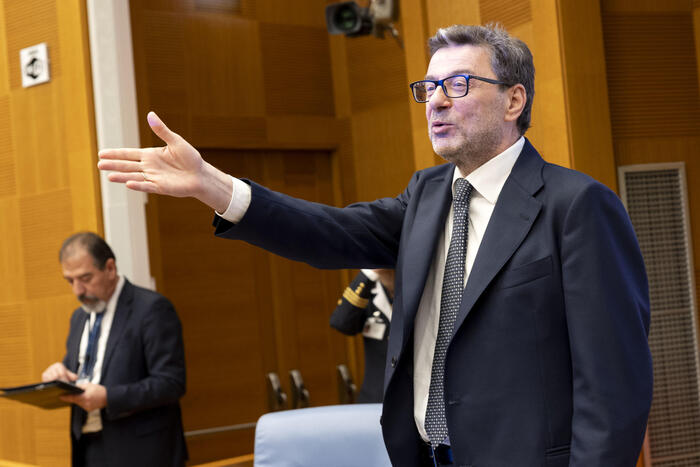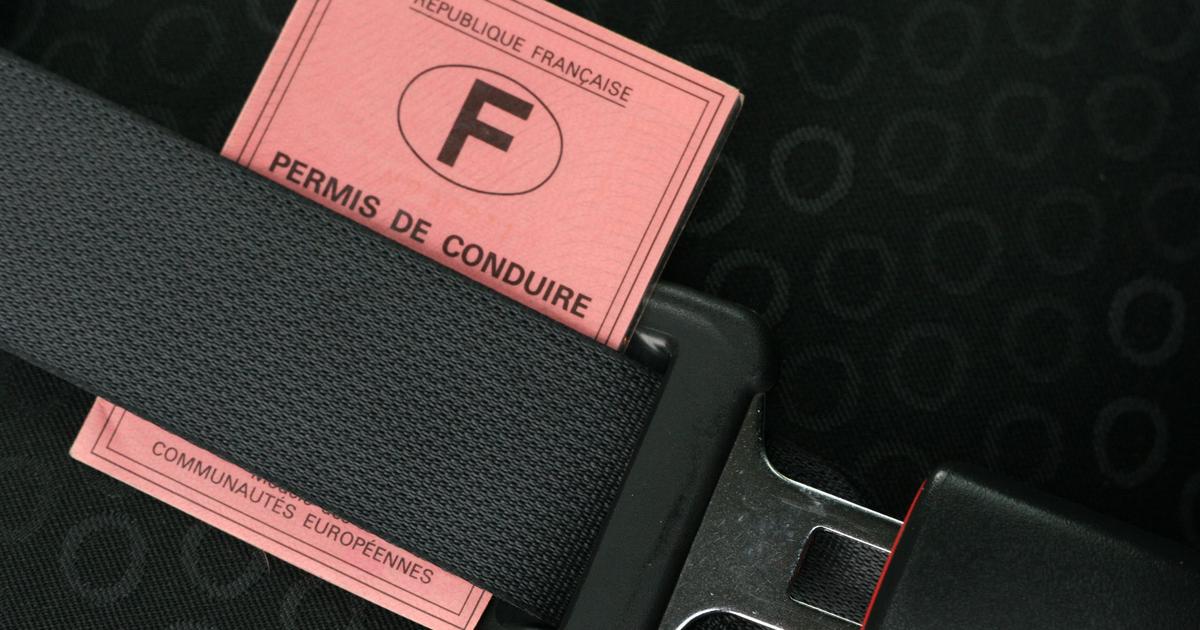Whether they are on Instagram, YouTube or Tik Tok, child “influencers” will now be supervised.
On Tuesday, the Parliament definitively adopted by a final unanimous vote of the Assembly, a bill LREM to frame videos featuring these children on the internet.
The text, greeted on all the benches of the Palais Bourbon, was voted by 69 votes.
It will make France a pioneer on this subject, according to its author, the deputy LREM Bruno Studer.
"Child labor is prohibited in France unless there is a derogation, including on the Internet", argued the elected representative of Bas-Rhin who chairs the Committee on Cultural Affairs.
Welcoming a “precise and balanced” text, the Secretary of State for Children and Families Adrien Taquet recalled that “since 2017 the government has repeatedly endeavored to better regulate the digital space so that everyone is there. better protected ”.
This mainly involves regulating the hours and income of minors under the age of sixteen whose images are broadcast on video platforms and sometimes viewed millions of times.
READ ALSO>
YouTube, TikTok, Instagram… Who are your children's favorite influencers?
Income up to 150,000 euros
The extent of the phenomenon of these “youtuber” children is difficult to quantify, but Bruno Studer mentions “several dozen cases” and incomes, up to 150,000 euros per month, “which allow some parents” to stop “all activity ”.
These advertising revenues come either from advertising or from partnerships with brands.
In France, young Gabin and Lili, for example, regularly film themselves testing foods or taking on popular challenges on YouTube.
These videos have gathered up to 7 million views.
Other young influencers share their beauty and fashion tips, such as La Fille du Web or Une Ptite Jajoux, which are followed by several hundred thousand subscribers.
In cases where the employment relationship is proven, the text provides for the extension of an already existing system which regulates the work of children in the show business and child models.
And if the administrative authorizations and approvals are not respected, a summary judge may be seized.
The remuneration received by the children will be, as for the children of the spectacle, placed in the Caisse des Dépôts et consignations, until they come of age.
A "right to be forgotten" for children
For the “gray areas of the Internet”, where the working relationship is not clearly established, the text provides for a declaration based on a double threshold: of time spent by the child on videos and of income earned.
The text also establishes a "right to be forgotten": at the request of the children concerned, video platforms will be obliged to remove the content.
Video-sharing platforms will be encouraged to adopt charters aimed at improving the fight against illegal commercial exploitation of the image of children under the age of 16.
They should also promote information to users on the legislation in force, and point out elements that undermine the dignity, physical or moral integrity of children.
Newsletter - Most of the news
Every morning, the news seen by Le Parisien
I'm registering
Your email address is collected by Le Parisien to enable you to receive our news and commercial offers.
Learn more
All in connection with associations for the protection of children, but also with the regulatory authority that is the CSA (Superior Audiovisual Council), which should promote the signing of these charters to platforms but also publish a "Assessment" of their application and their effectiveness.
The bill had been adopted unanimously at first reading by the Assembly in February, then the Senate voted it in June with some additions, kept by the deputies.
Among the few caveats emitted, Muriel Ressiguier (LFI) regretted the measures "not binding enough for the platforms".
Marie-George Buffet (PCF) referred to a bill "very positive even if it will not suffice in the face of multiple digital issues" for children and adolescents.









